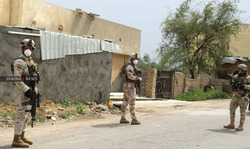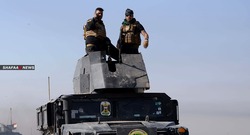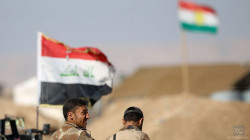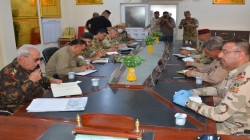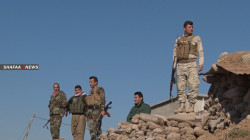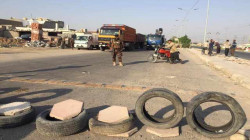Diyala bridge to reopen after 15 years amid lingering security concerns
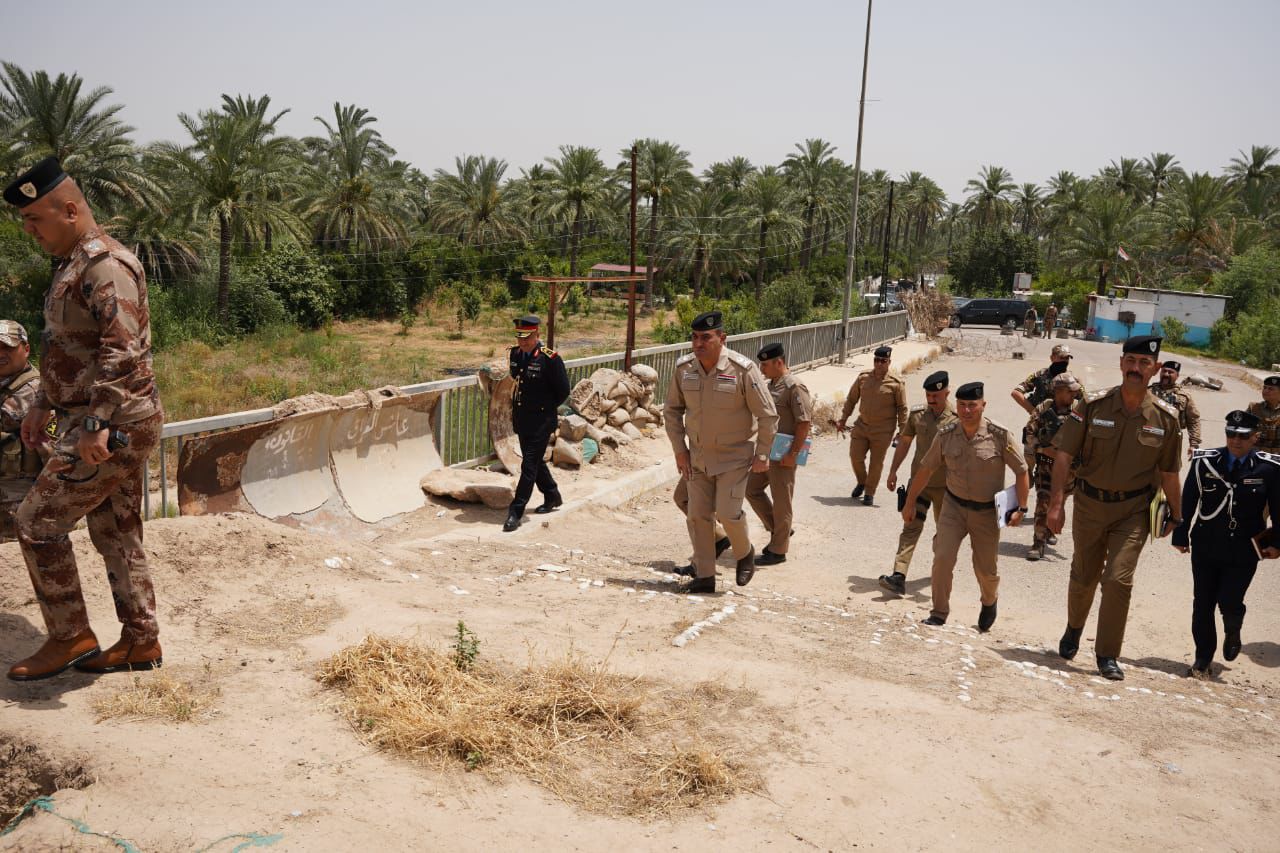
Shafaq News/ A bridge linking Diyala to Baghdad is slated to reopen after more than a decade and a half closure, despite lingering security concerns among the residents, a police source said on Thursday.
The source told Shafaq News Agency that security forces and maintenance crews "have finalized procedures and removed concrete barriers" from the bridge connecting the southwestern sub-district of Jdeidat al-Shatt to the district al-Tarmiyah near Baghdad.
Diyala Police Chief Major General Alaa Ghareeb al-Zubiadi conducted a field visit to the site "for security inspections ahead of the planned reopening," the source added.
Abbas al-Maamouri, a local dignitary in Jadida al-Shatt, told Shafaq News Agency that an earlier attempt to reopen the bridge "was met with protests from residents having security risks, leading to the cancellation of the opening order."
"The renewed push to reopen the bridge has reignited those security concerns among residents," al-Maamouri said, "and there are fears it could trigger fresh protests."
Al-Tarmiyah encapsulates a security predicament in Iraq today, especially after the officially announced defeat of ISIS in the country in late 2017: Though ISIS cells undeniably continue to operate there as well as in some other Sunni-dominant areas, the use of forces linked to Shiite armed groups, which have been accused in recent years of sectarian-based human rights abuses, to conduct operations in Sunni-majority areas aggravates fears of "ethnic cleansing."
Al-Tarmiyah is generally referred to as part of "northern Baghdad," but it is officially in the southern part of Saladin. It sits at a strategic point between two main roads running north from the capital: one road leads to Kirkuk and the other to Tikrit. Sect-based sensitivities are strong in this area for historical reasons. Rumors of plans to displace local Sunni inhabitants using the pretext of "ensuring security for the capital" have cropped up periodically in recent years, with some claiming that one tactic is to cut down palm groves to take away inhabitants' livelihoods.
The dominant tribe in the area is the Mashhadani. Several top-level leaders of both al Qaeda and ISIS were from the Mashhadani tribe, including Khalid al-Mashhadani, who was a high-ranking member of al-Qaeda in Iraq (the predecessor of ISIS) when he was arrested in 2007. The tribe has a significant presence in some areas of the Sunni-majority al-Anbar as well.
Concerns were voiced that the presence of ISIS in the area might be used as an excuse for the mass displacement of the inhabitants in the "Baghdad belt" by these forces, many of which are now government-sanctioned and incorporated. In addition to praise for security forces and statements of condolences for those who lost their lives in the fight against terrorism and for the benefit of the country, some Twitter accounts warned that the same fate may await al-Tarmiyah as that of Jurf al-Sakr in Babel further south.
